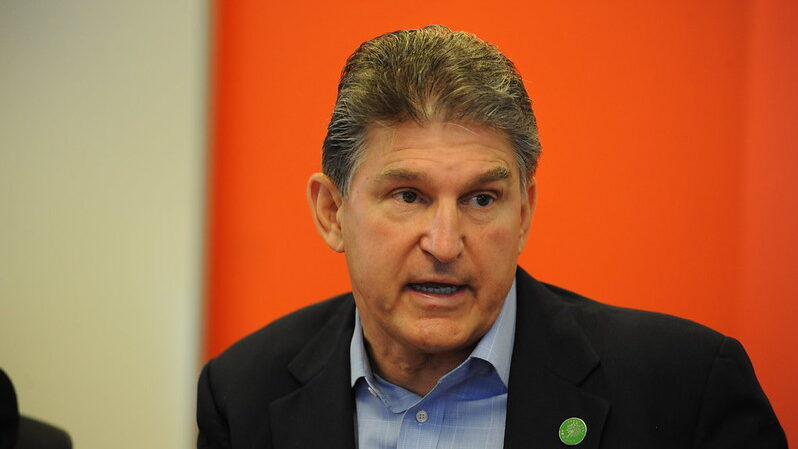To Politico’s Washington DC newsletter, everything is a ball game. “Winner: Joe Manchin; Loser: environmentalists” was its snapshot of US legislative wrangling over climate spending on Wednesday.
This glib scorecard was righteously slammed on Twitter. Because only environmentalists suffer from coal pollution and runaway climate change?
In reality the coal-state senator’s obstruction of US clean electricity incentives has repercussions around the world. With the infrastructure and reconciliation bills likely to be radically scaled down or still not passed when Cop26 starts next Sunday, president Joe Biden has a real credibility problem heading to Glasgow.
The usual pragmatic greens in DC assure us that if push comes to shove, the US can meet its emissions targets with executive action despite the defunding of climate policy. We’ve been here before.
Every year of delay and incrementalism puts the goals of the Paris Agreement further out of reach. And it gives Biden little moral authority – or practical capacity – to persuade other countries to put their best foot forward.
This week’s news…
- US climate credibility in doubt as legislative wrangles go down to the wire
- Emerging economies slam Cop26 net zero push as ‘anti-equity’
- UK sets out economy-wide strategy to meet 2050 net zero goal
- ‘Breakthrough’: IMF develops fund to help debt-laden nations address climate risks
- Once a vital feature of climate talks, has the huddle had its day?
- Pioneer of attribution science Geert Jan van Oldenborgh dies, aged 59
…and comment
- We don’t have time to dismiss carbon markets as a climate solution – Owen Hewlett, Gold Standard
- UK and EU must not abet the theft of indigenous territory in Brazil – Sonia Guajajara, APIB
The UK host has a better story to tell on domestic action, having finally unveiled a long-awaited net zero strategy with policies in heating, transport and energy. Prime minister Boris Johnson touted it as “an example to the world”. But simultaneous cuts to foreign aid at a time of great need are souring international relationships.
Chancellor Rishi Sunak was one of the first to pledge money towards a groundbreaking new IMF climate finance facility – but that support is expected to replace, not add to, funding through other channels.
Developing countries are still waiting to hear when a promised $100 billion in climate finance will be delivered. While a trickle of pledges means donor countries can likely hit the milestone a few years after the 2020 target, campaigners say they need to make up for an early shortfall by 2025 – and that is a trickier prospect.
Little wonder that the group of “like-minded” developing countries – China, India, Saudi Arabia among them – cites the broken promises of rich countries to argue they should not be expected to set mid-century net zero targets.
Two years since Cop25 limped to a weak and record late conclusion, delegates will bring a lot of pent-up emotion – hope, anger, desperation – to the Hydro Ovo conference centre. Not to mention the fear of catching Covid. Veterans of the process are more uncertain than ever about how it will play out.
On a practical level, the traditional method of resolving last-hour disputes – a huddle – is incompatible with social distancing rules. It will take all of the creativity and diplomatic nous the presidency can muster to harness these tensions for a productive outcome.
